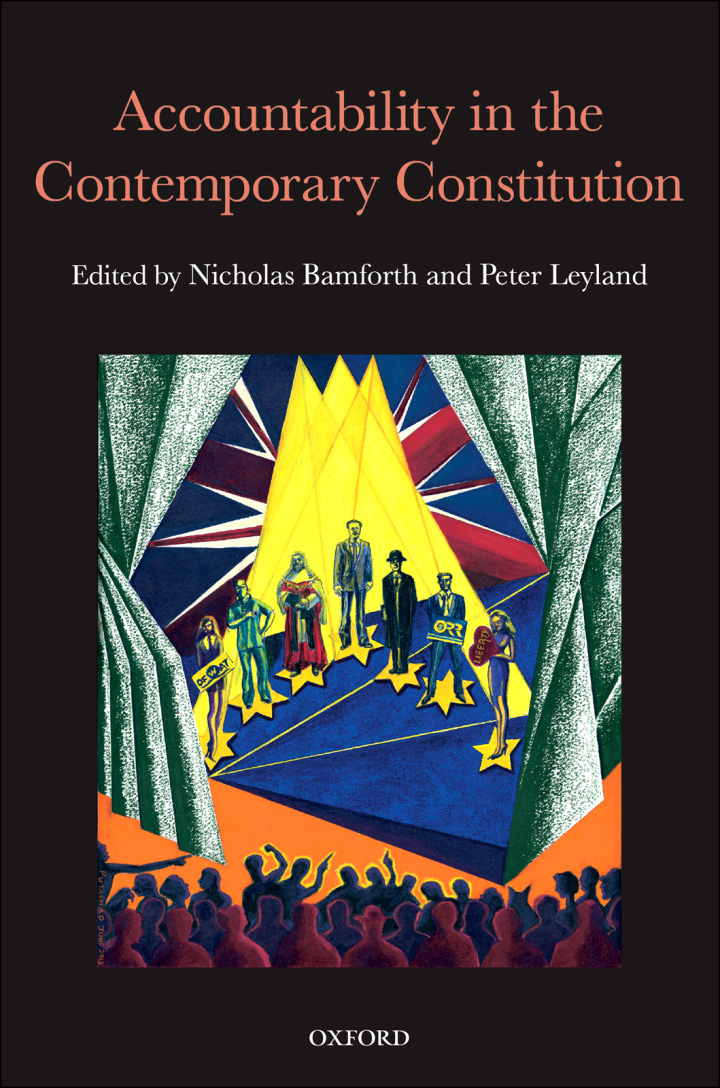Accountability in the Contemporary Constitution 1st Edition
$48.75
Attention: This is just ebook, Access Codes or any other Supplements excluded! / File Delivery: Sent Via Email within 24 hours!
SKU: 56046ff780c0
Category: Law Textbooks
Description
-
Author(s)Nicholas Bamforth; Peter Leyland
-
PublisherOUP Oxford
-
FormatPDF
-
Print ISBN
9780199670024, 0199670021 -
eText ISBN
9780199670024, 0199670021 -
Edition1st
-
Copyright
- Details
Accountability is regarded as a central feature of modern constitutionalism. At a general level, this prominence is perhaps unsurprising, given the long history of the idea. However, in many constitutional democracies, including the UK and the USA, it has acquired a particular resonance in contemporary circumstances with the declining power of social deference, the expanding reach of populist accountability mechanisms, and the increasing willingness of citizens to find mechanisms for challenging official decision-making. These essays, by public law scholars, seek to explore how ideas of and mechanisms associated with accountability play a part in the contemporary constitution. While the majority of contributors concentrate on the United Kingdom, others provide comparative discussion with particular reference to the United States and aspects of European Union law. The main focus of the volume is the contemporary UK constitution. Chapters are included which analyse the historical context (including the role of Dicey), common law constitutionalism, the constitutional role of Parliament, the constitutional role of the courts, judicial accountability, human rights protection under the constitution and the contribution of non-judicial accountability mechanisms. Further chapters explore the public service principle, the impact of new public management on public service delivery, and the relationship between accountability and regulation. Finally accountability is discussed in the light of constitutional reform including the challenges posed by the ‘multi-layered’ government at the supra national level of EU membership and sub-national national levels of devolution and local government.
Related products
-

Blackstone’s Guide to the UK Internal Market Act 2020
Rated 0 out of 5$22.10 Add to cart -

Africa’s International Investment Law Regimes 1st Edition
Rated 0 out of 5$61.75 Add to cart -

Atiyah’s Introduction to the Law of Contract 6th Edition
Rated 0 out of 5$30.88 Add to cart -

Business and Investment in Brazil Law and Practice
Rated 0 out of 5$66.62 Add to cart

